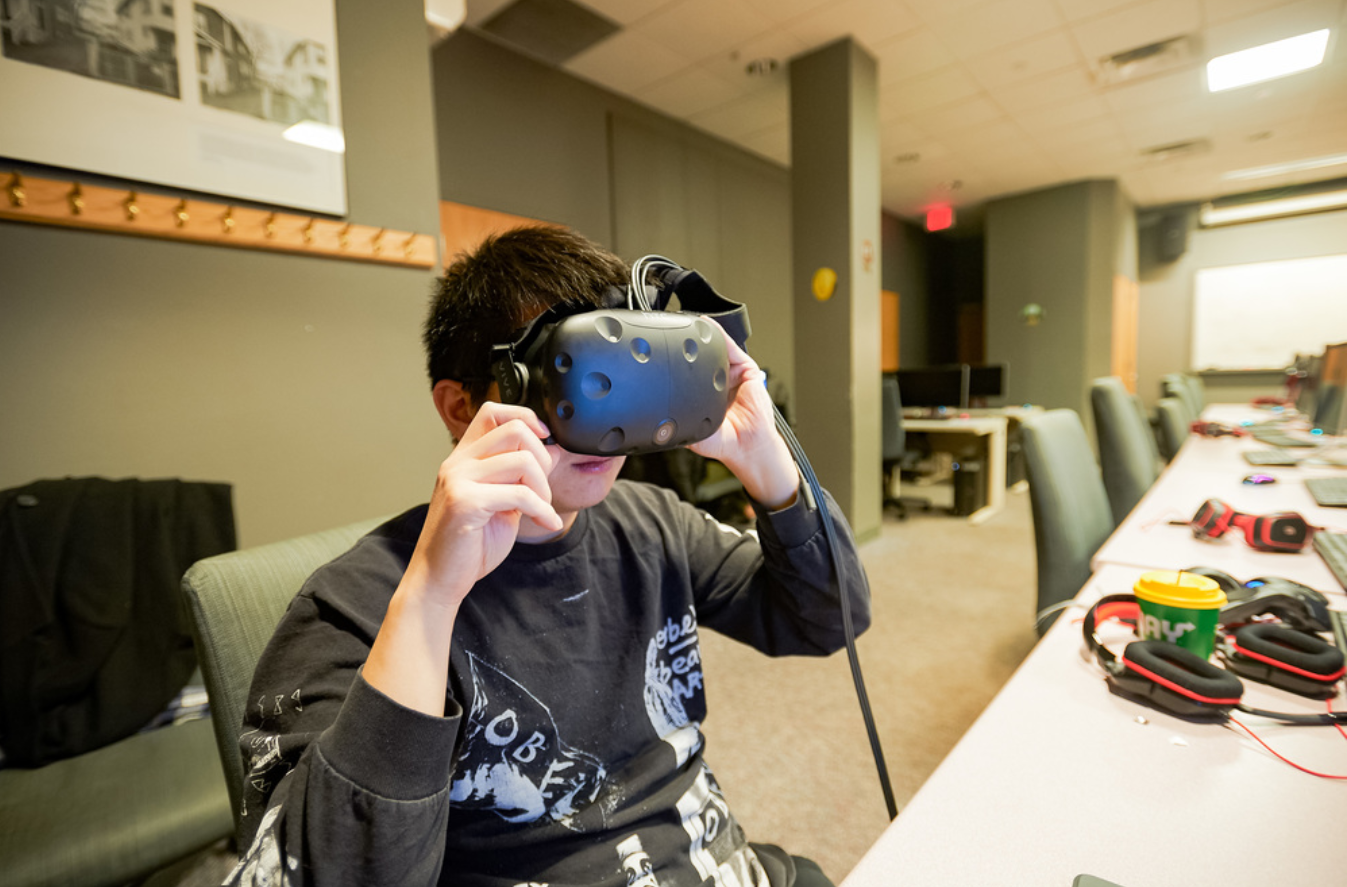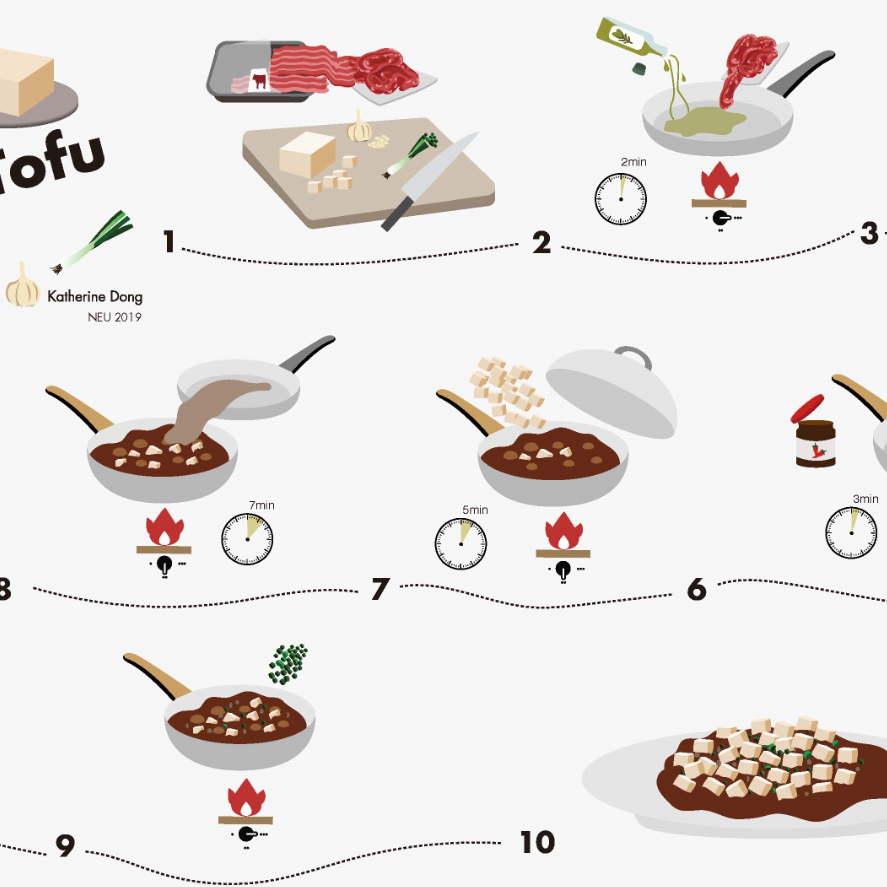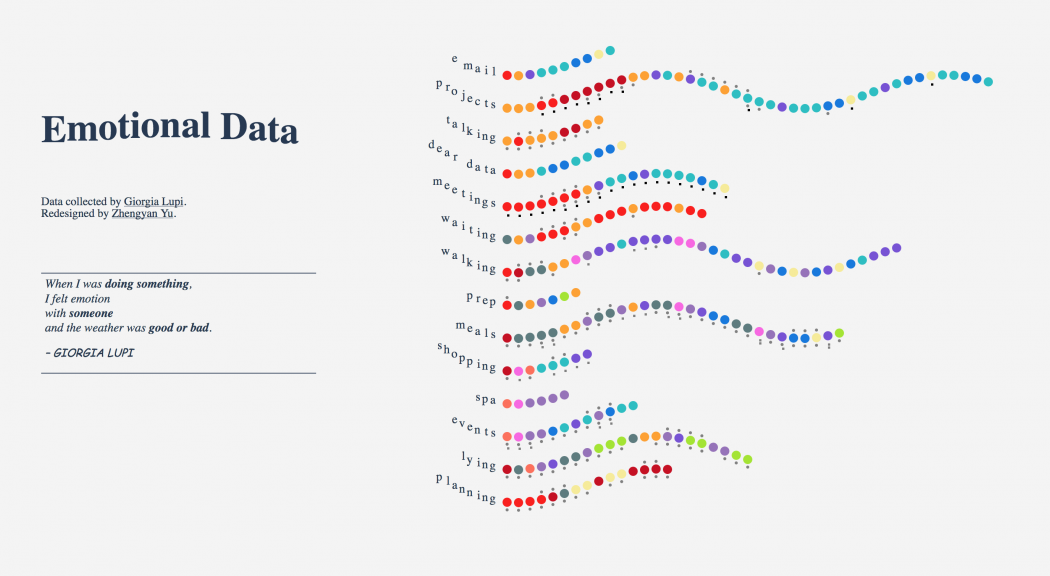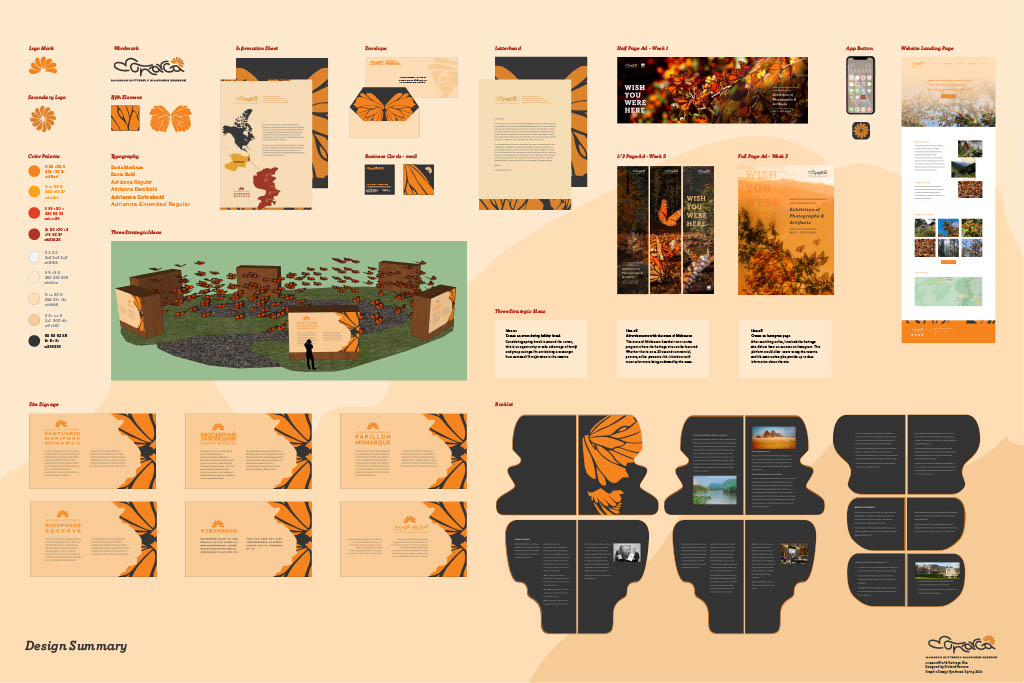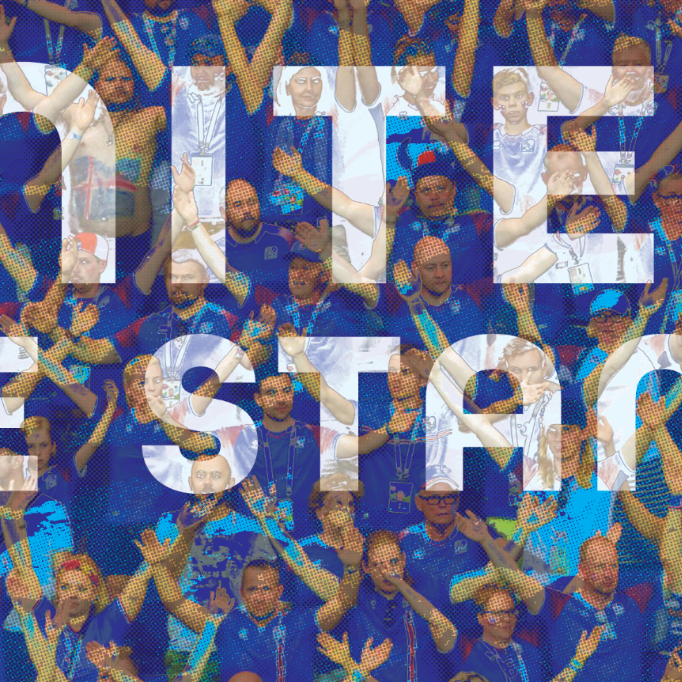Career Opportunities
- Game Designer
- Game Artist
- Project Manager
- Producer
- Level Designer
- Game Writer
- Game Sound/Audio Designer
- Playtester
- Interaction/Usability Designer
- Web Designer
Multidisciplinary Skills
- Teamwork/Collaboration
- Writing
- Presenting Ideas
- Design
- Self-motivation
- Project Management
- Autodidact
Share
The computer science and game development combined major focuses on the specific skills needed to succeed in the highly competitive game industry. You’ll engage in building and developing games and playable media experiences while completing courses in computer science and specialized game technology and design. Interdisciplinary courses enable you to develop your creative and entrepreneurial abilities as well as create a strong portfolio of game pieces. The CS and Game Development program is focused on the specific skills and intellectual capabilities needed in the highly competitive game industry. As computer scientists, students will be engaged in building and developing games and playable media experiences. This requires courses in computer science with some specialized game technology and design courses. Thus, the degree includes a strong computer science foundation with program design, algorithms, theory, systems, and networks. In addition, game technology courses, such as game programming, building game engines and game AI are introduced so students can learn how to develop game-specific algorithms and systems. As part of this degree, students also engage in developing games with other students from different disciplines such as art and design, thus providing a rich environment for interdisciplinary dialogue and creative content development. These cross disciplinary courses are targeted at development of portfolio game pieces that allows students to be competitive in the game market as well as give them an opportunity to develop their creative and entrepreneurial abilities.
Learning Outcomes
- Concept/Expression Outcome: Conceptualize and create expressive and innovative games, playable experiences, and artifacts, developing a personal style via reflective design.
- Craft Outcome: Hone craft and technical skills in a broad range of mediums, and justify the appropriate usage of techniques in the service of creating artifacts.
- Research Outcome: Gather, organize, and articulate relevant research to inform design and analysis.
- Process Outcome: Follow an iterative design process informed by user testing, external and self-critique for producing creative works.
- History Outcome: Identify, describe, analyze, and critique a broad array of games and playable experiences and artifacts as aesthetic forms across periods, cultures, and media.
- Values/Context Outcome: Analyze the social, political, and cultural theories embedded in games, playable experiences, and artifacts, and articulate ethical reasoning during design and production.
- Collaboration Outcome: Plan and manage the organization of people, timelines, tasks, repositories, and finances for multi-person creative projects, and constructively critique others’ work.
- Entrepreneurship Outcome: Research new markets and audiences, write and orally present proposals and pitches, including rationale to support project development.
Co-Op Opportunities
- SAIC
- Zynga
- Microsoft Studios

